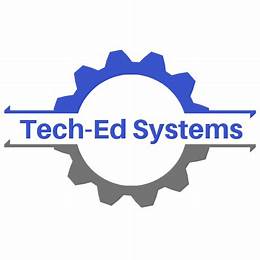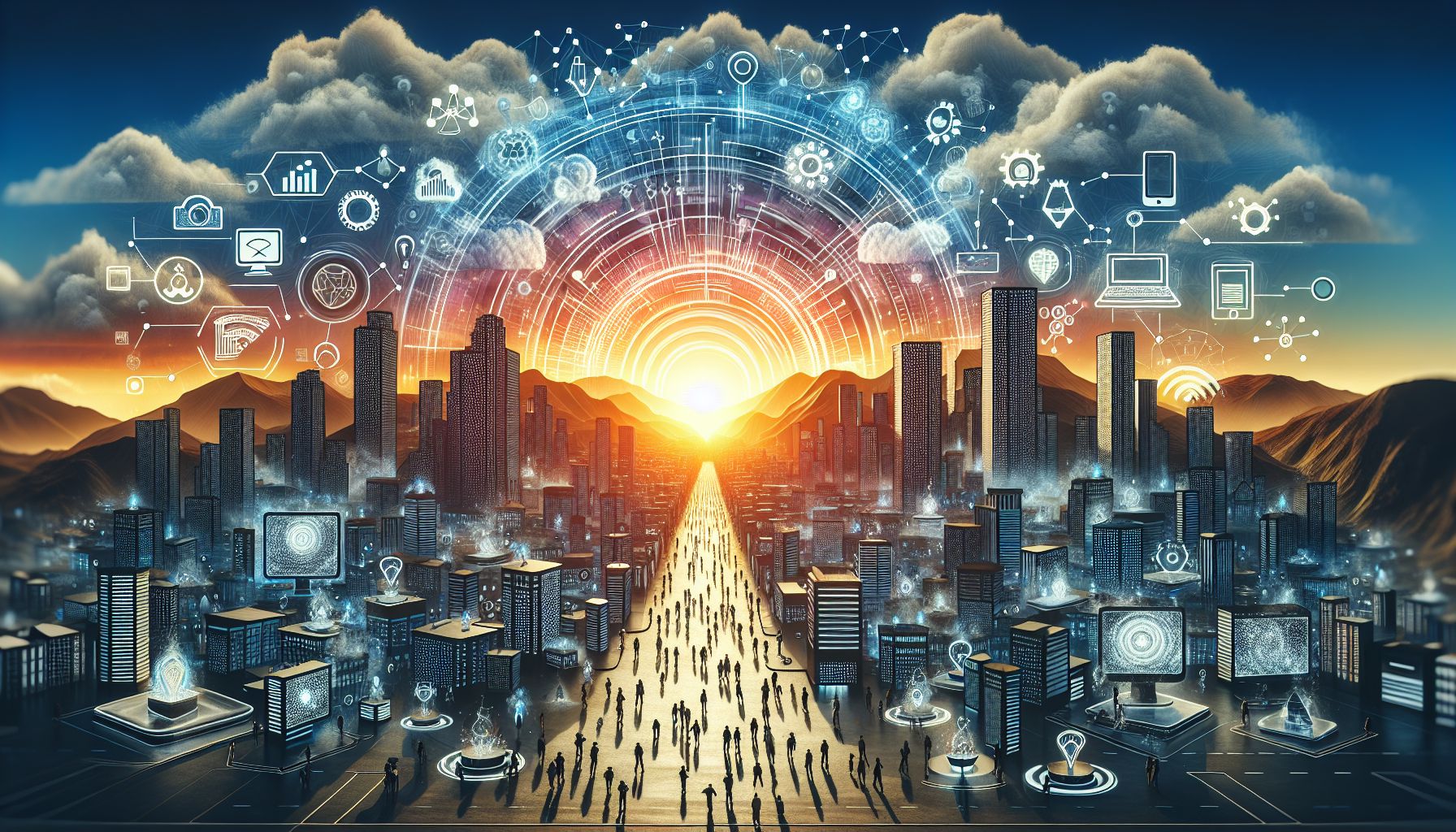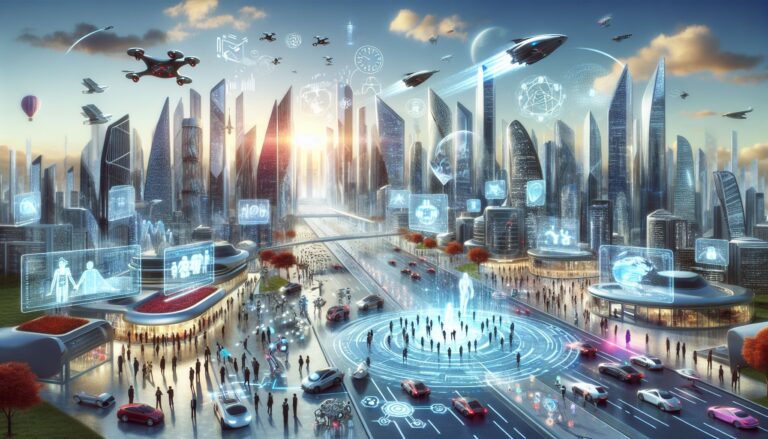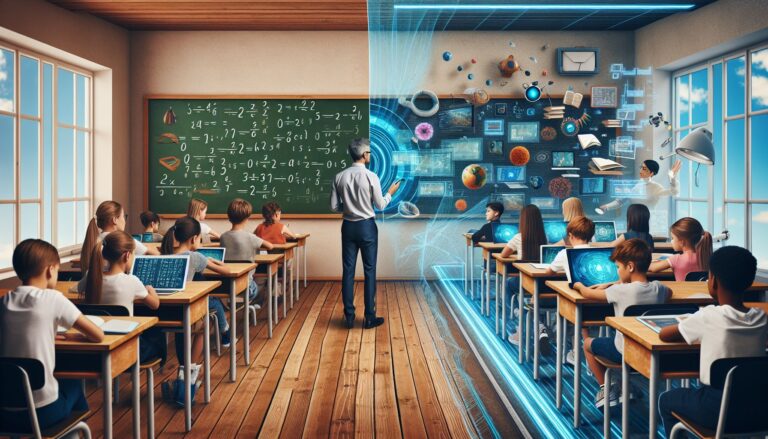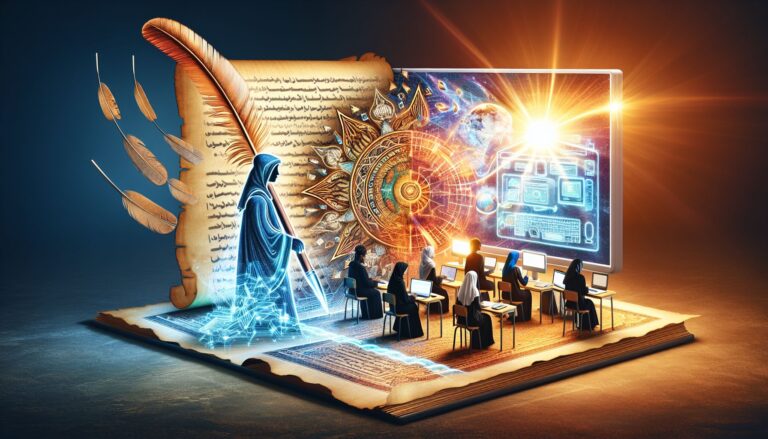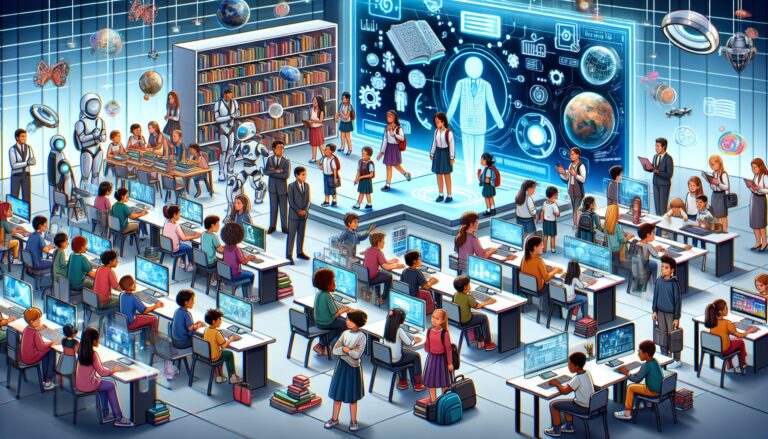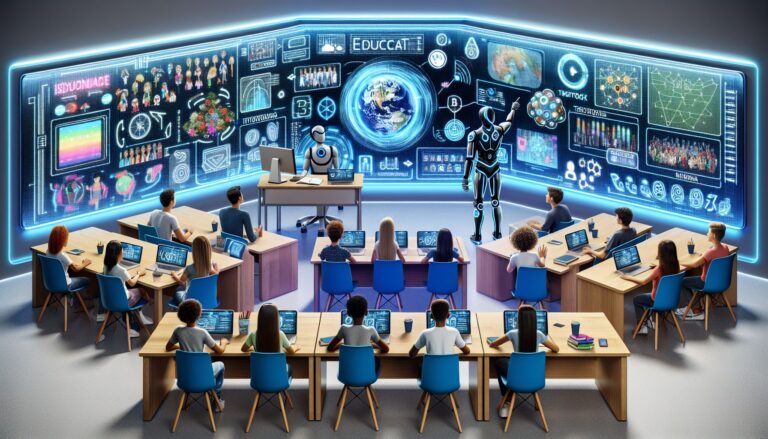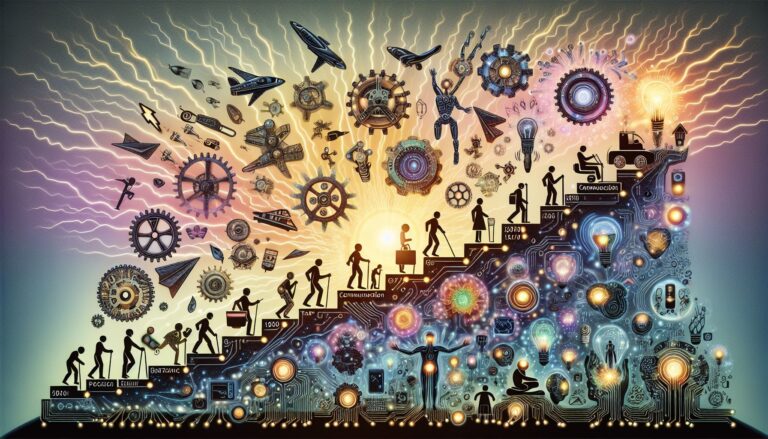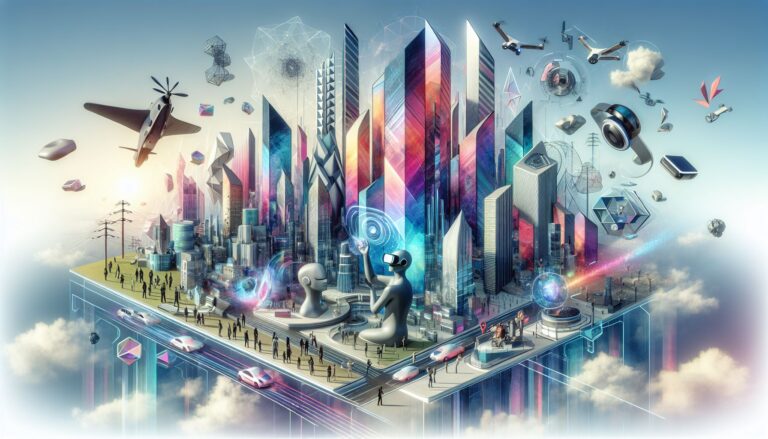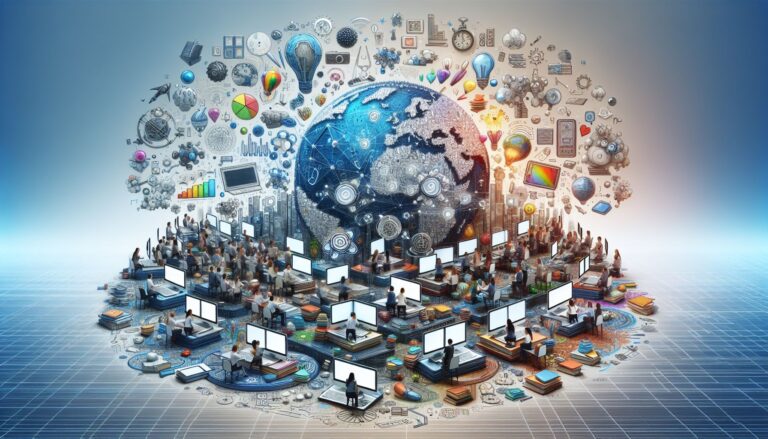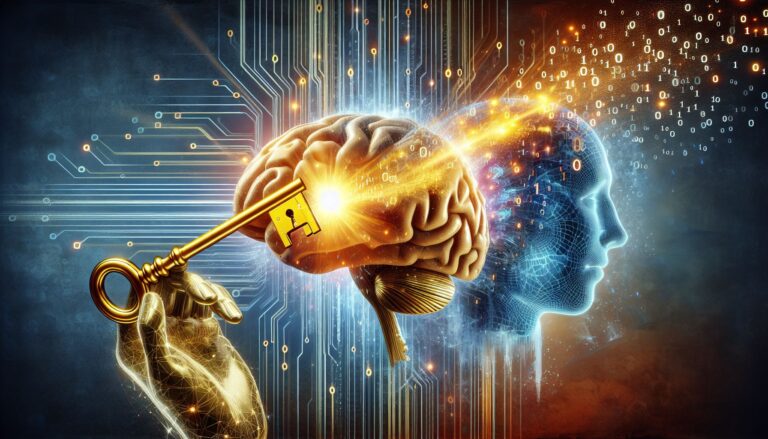In the age-old quest for knowledge, the buzzing halls of traditional education are being augmented by the silent hum of technology. The classroom – once bounded by physical walls and the stern gaze of a timepiece – now stretches to the furthest corners of the digital realm. The role of technology in education is no longer supplementary; it has become fundamental, reshaping how we learn, who we become, and how society itself evolves.
 As we pivot to a future where the line between the physical and digital worlds blurs, emerging technologies are casting widescale ripples across the societal pond – changing currents, reshaping landscapes, and creating novel paradigms previously consigned to the realm of science fiction.
As we pivot to a future where the line between the physical and digital worlds blurs, emerging technologies are casting widescale ripples across the societal pond – changing currents, reshaping landscapes, and creating novel paradigms previously consigned to the realm of science fiction.
At the heart of these changes are transformative technologies such as Artificial Intelligence (AI), Blockchain, and the Internet of Things (IoT). AI, with its ability to analyze and respond to data, personalize content, and automate repetitive tasks, brings about an unprecedented level of individualized learning experiences. Learners can now receive real-time feedback, customized lesson plans, and engage in immersive environments that were impractical in the conventional setting.
Blockchain might sound more like the foundation of cryptocurrencies than an educational tool, but its application in securely and transparently recording achievement could well revolutionize our understanding of qualifications and credentials. Imagine a world where your skills and knowledge are digitally immutable, easily shared, and universally recognized. Blockchain promises to create a seamless link between learning and career progression, overcoming institutional and geographical boundaries.
The IoT’s role in education takes on a more physical form. From smart campus initiatives to enhanced laboratory experiences, IoT devices can track progress, ensure safety, maintain supplies, and even help in building rich, sensorial environments for learning by doing – an echo of the age-old apprenticeship model revamped for the digital era.
Yet, with innovation comes challenge. Equitable access to these technologies remains problematic, raising concerns about deepening socio-economic divides. The role of the educator is also changing. Teachers are becoming facilitators and guides in a world where information is everywhere, but wisdom remains elusive.
The dynamics of the student-teacher relationship, too, are in flux. Where once the teacher stood as the primary source of knowledge, they now work alongside technology as co-instructors. Students, in turn, have become active agents in their educational journey, empowered by tools that allow them to steer their own learning.
As we advance, pondering what the future holds, one can only imagine a continuum of innovation, where the impact of technology on both education and society further accelerates. We may see AI becoming a personal lifelong tutor, blockchain democratizing educational and employment opportunities, and IoT seamlessly integrating our learning environments with the real world.
In time, classrooms may become redundant, replaced by a fluid, ever-adaptive learning network that connects each individual to a personalized education experience and, by extension, a niche in society tailored to their unique abilities and aspirations.
Education is no longer just about knowledge transfer; it’s about knowledge creation and the ability to apply it effectively in an ever-changing world. And as technology continually redefines what it means to learn and to teach, we too must evolve, ensuring that these tools are wielded with wisdom, inclusivity, and foresight. For in harnessing them wisely, we have the power to create a brighter, fairer, and more enlightened society for all.
